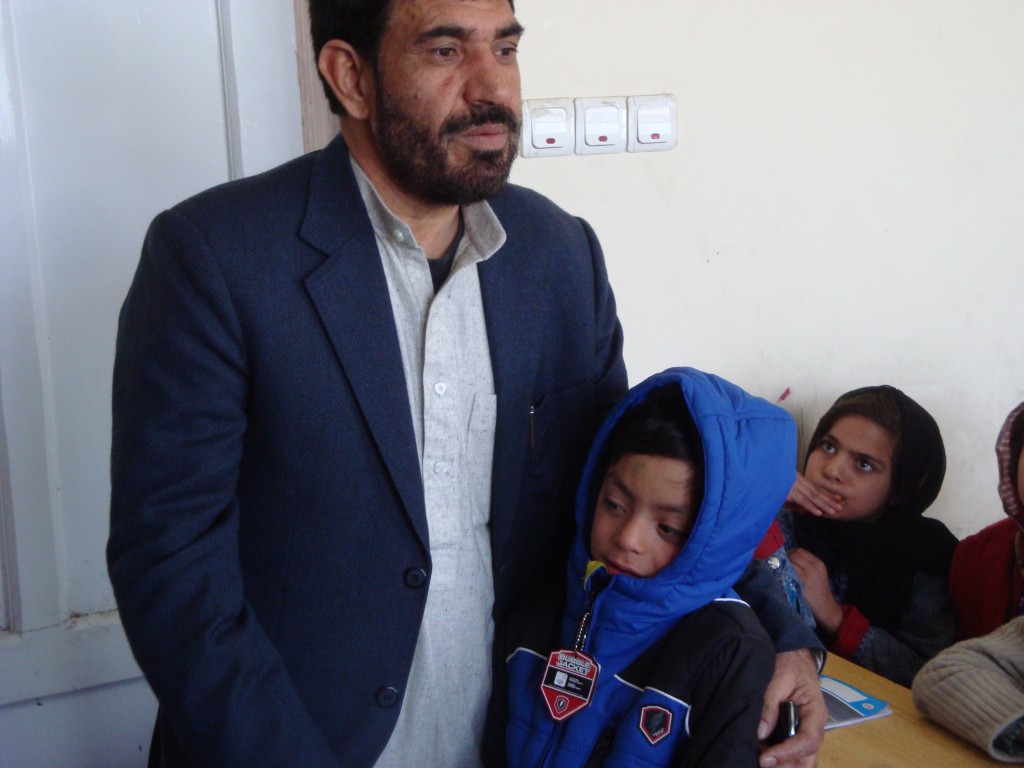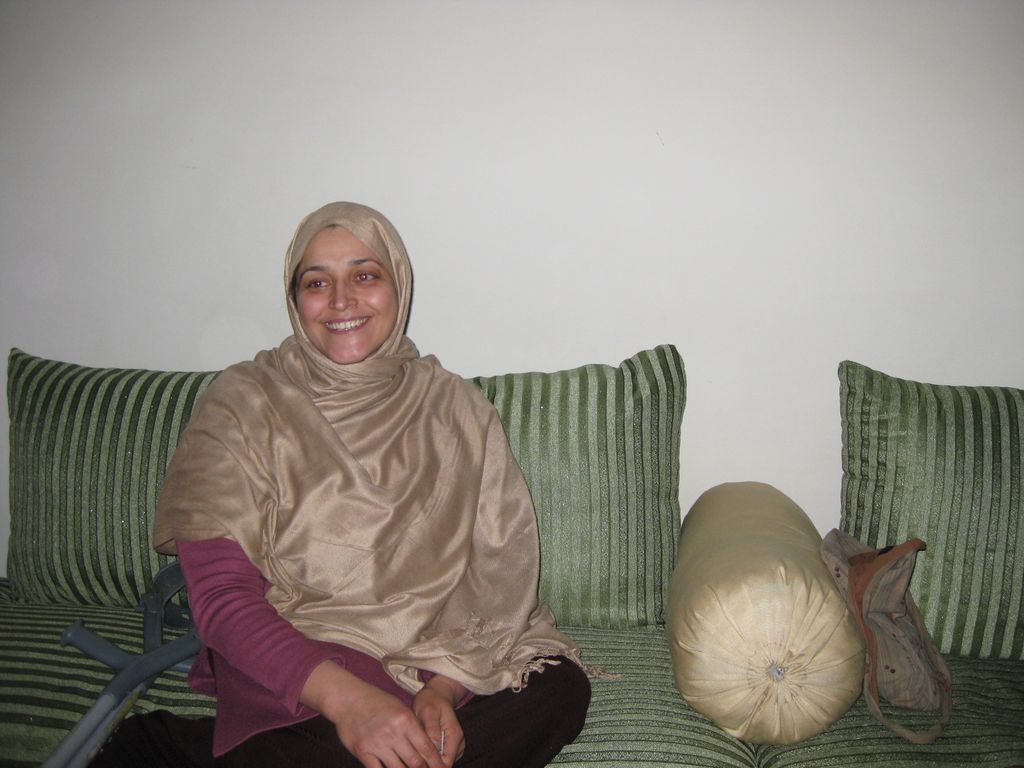I have been wanting to write this post for years, but street harassment is difficult to talk about and I didn’t know quite how to do it right. Part of what makes it so hard to talk about is that the type of harassment I’m talking about is couched in a compliment. In fact the behavior is so ingrained in our culture as a positive message (what I’m talking about is essentially this Michael Jackson Video) that it was difficult to figure out why it bothered me so much. Why did this make me feel so scared and alone when it had no effect (or the opposite effect) on others? If this is harassment, what rights were these people violating? I’ve recently been able to identify it, these people were violating my Right to be Left Alone. As a black woman, walking alone, I do not have to give up my Right to be Left Alone and no one can take it from me. This attention is unwarranted, unwanted and inappropriate, and I’ve been getting it for my entire life (not a #humblebrag).
When I was 9 years old I stopped wearing shorts. Every Saturday, from 1st grade through 5th grade I took piano lessons. My piano teacher lived about 5 miles from my house and my mother worked weekends so every Saturday I would walk 3 or 4 blocks to the bus-stop and take the bus to K’s house. (Just now I actually had to look up how many blocks it was to the bus stop because that walk was so terrifying to me sometimes that I thought it must have been at least 8 or 10 blocks.) The whole trip only took 30 minutes or so but I left myself an hour, sometimes more, and often would show up at my teacher’s house unexpectedly early. It must have started out fine, but at some point it became fraught with peril. One summer day, I wore a pair of roll-up jean shorts and a striped t-shirt to my lesson, on the way I ran into a group of boys. They were just teenagers, talking to me, one of them said they liked my shorts, that I looked cute, etc., I said thanks or and in response two of the boys blocked my way with their arms and feet. ‘Talk to me for a minute,’ they said, ‘Give me your number,’ I tried to decline as politely as I could and explained that I would be late to my lesson. They eventually let me through, but it felt like I held my breath until I was on the bus, I never looked back at them. After that I vowed never to wear shorts. As a child I was convinced it was my fault, but if I could just wear the right thing that no one would bother me. I began to feel like little red riding hood in my maroon hoodie all summer dodging dangerous wolves on my innocent mission to my piano lesson.
While I know that this is a problem for women across the board, a part of pretty much any woman’s coming of age story, I can’t help but think of the parallel to this list of rules for black men that came out recently related to Trayvon Martin. Black girls develop quicker than other girls, (though everyone is developing earlier these days) and I think I am more likely to be assaulted in a black community) so I think it does make sense to talk about it as a racial issue, though I respect the fact that it is also a feminist issue. The list of things black boys shouldn’t do included running in public, if I had made one when I was little, the list of things black girls shouldn’t do might include;
-not wearing shorts (unless you’re looking for a certain kind of attention)
-not buying into the Christina Aguilera induced backless shirt trend of the 90s
-leaving as early as possible in order to avoid groups of teenagers (who sleep in on weekends)
-avoiding groups of men
-wearing headphones and a hood
-walking with others if possible
What’s confusing as an 8 year old, and still confusing to me now, is what the appropriate response is to such a situation. ‘Ignore them’ is probably the most common response to such assaults, but this conflicts with the idea of being polite to strangers. Don’t make eye contact, but if I don’t look them in the face, how do I even know it’s a stranger and not someone I already know? When you learn social mores you learn how to behave in different situations, but this one blurs so many lines. Though they may not have known it, these boys were older than me, so do I treat them like an elder? But they were strangers, do I treat them like the homeless derelict? They were friendly, should I treat them like friends?
If I chose to treat them like a sexual predator I risk offending them, and thus prolonging the interaction some responses include:
‘I’m just giving you a compliment,’
‘Kids these days have no manners’
‘You know you’re allowed to smile, no shame in a smile’
‘Oo, I like em frisky’
You can read experience them yourself in this viral documentary
If, however, I chose to engage with the person and say thank you, or smile, this can be misinterpreted as a tacit approval of the assault, allowing it to continue. What is a 9 year old to do?
As a child I was faced with this quintessential feminist dilemma: What percent of my life is making people happy by being pretty or pleasant?
I’ve always been jealous of people in the summer who could wear less clothes, for years I stuck to my uniform of baggy jeans (or overalls) and oversized t-shirts and sweatshirts. That way no one could say I brought it on myself. Over the years I’ve found that it really doesn’t matter what I’m wearing. I’ve also found that other people are purposefully seeking the attention I dread. I have no solutions, I’m just stating a problem, as clearly as I know how.
For further reading please check out this racialicious article.
Updated 5.24.12 Please read another woman’s story and learn more about International Anti Street Harassment Week
Updated 7.6.12: Noticed this great article on clutch magazine via Black Snob
Updated 7.9.12: Another recent racialicious article on the same subject.
*Given my recent travels you may be wondering what street harassment was like in Kabul. In fact, when I went to Kabul I had a post like this in mind. But it’s difficult to compare the two situations because in Afghanistan I was never walking alone. Because of this I never knew whether peoples’ reactions were because I was black, because I was western, because I was traveling in a group, because I was so tall, or whether their attention was meant for my beautiful blonde companion. That said, I think unlike in the states, the way I would be treated in Afghanistan would really depend on what I was wearing. If I was walking alone and wearing a burqa I think people would likely have left me alone. Though a woman walking alone with a burqa on in Afghanistan is generally thought to be a widow, so they may try to give me their loose change. I can’t really speculate as to what would happen if I was walking alone wearing just a hijab or less, I think this would vary a lot depending on where I was in Afghanistan and what I was doing.




